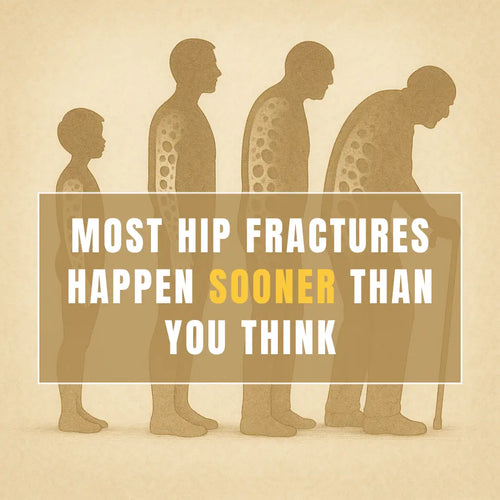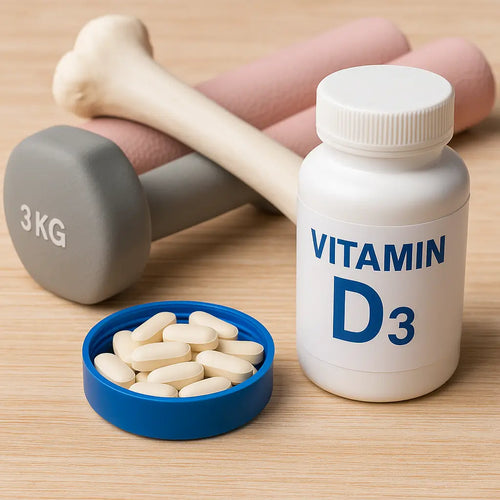We know that exercise, incorporated with a plant based diet and stress management, has a beneficial effect on prostate cancer, but what about exercise on it’s own?
This has now been researched and here are the results.
Patients with recurrence following radical prostatectomy, or patients managed on active surveillance, were either put in a group doing home-based endurance training 3 times per week for 24 months, or a control group receiving usual care (Hvid T, et al. 2015). The participants in the exercise group showed significant improvements in triglycerides, adiponectin, IGF-1, IGFBP-1 and fasting glucose levels.
Adiponectin is a hormone involved in glucose regulation and fatty acid oxidation. IGF-1 is a growth factor and IGFBP-1 stands for IGF-1 binding protein which alters IGF-1 interaction with cell receptors. What is especially interesting is that PSADT (PSA doubling time) increased from 28 to 76 months during the first 6 months of exercise.
PSADT is a calculated number, and a higher value is associated with a reduced risk of disease progression.
None of these changes were taking place in the control group.
This is good news.
Exercise by itself makes a difference, but the smart thing to do is to also incorporate an effective dietary regime as well as stress reduction.
Hvid T1, Lindegaard B1, Winding K1, Iversen P2, Brasso K2, Solomon TP1,3, Pedersen BK1, Hojman P4. Effect of a 2-year home-based endurance training intervention on physiological function and PSA doubling time in prostate cancer patients. Cancer Causes Control. 2015 Nov 16. [Epub ahead of print]









